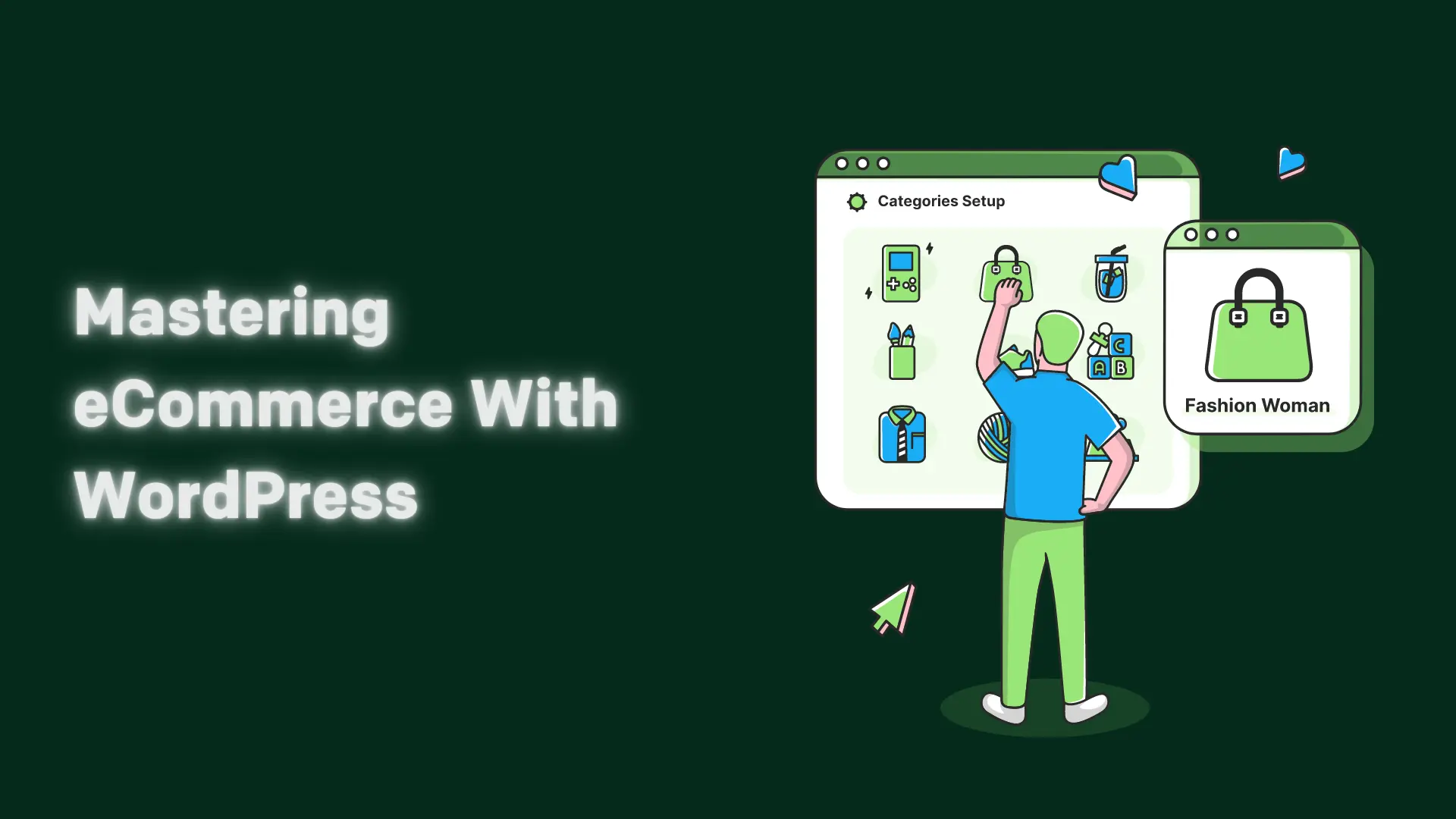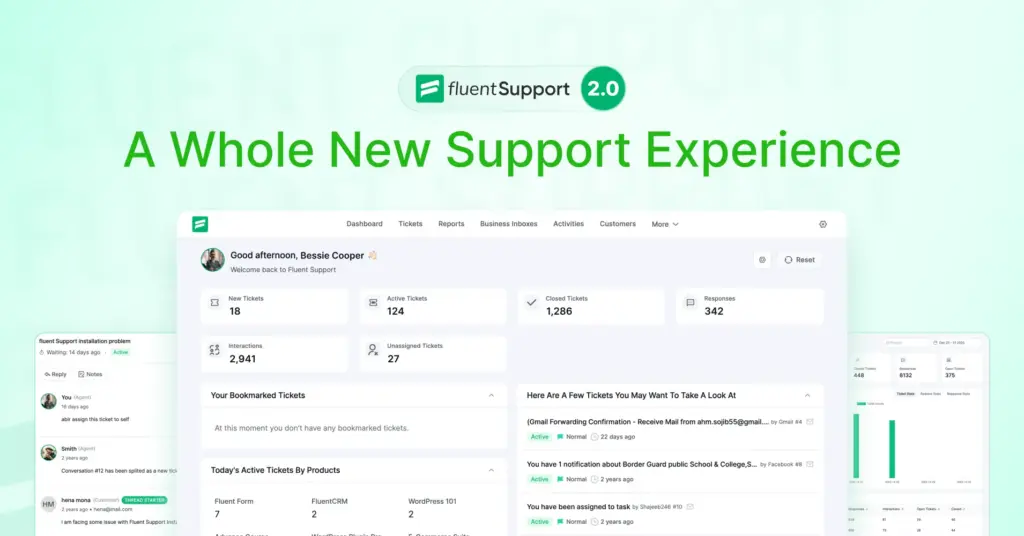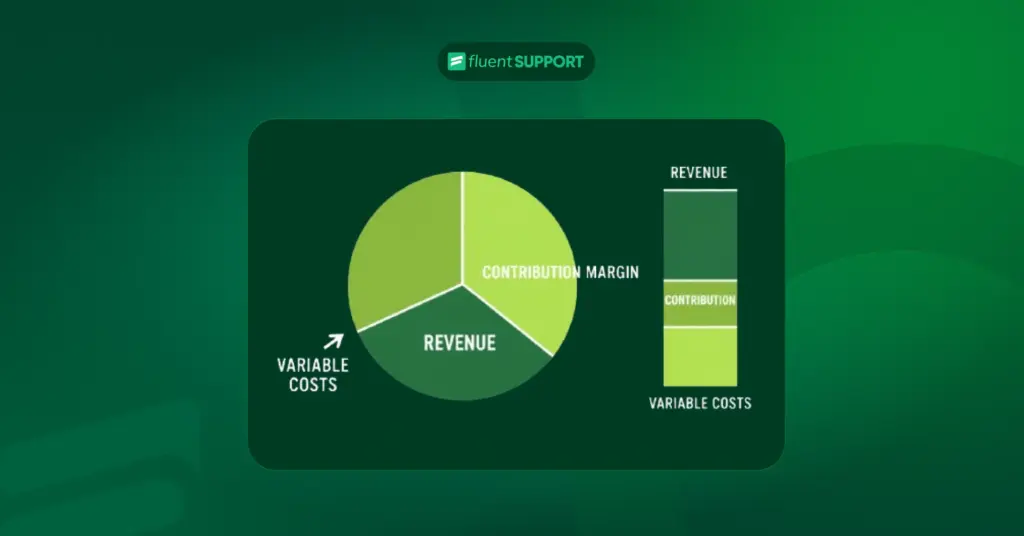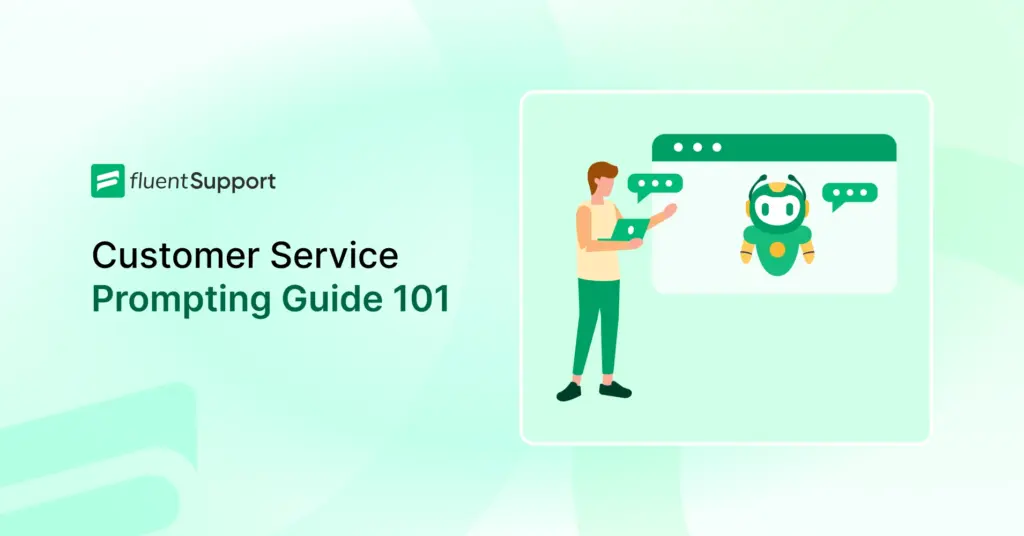
Mastering eCommerce With WordPress: Launching Your Store as a Legal Business
By Editorial
July 25, 2024
Last Modified: June 23, 2025
Did you know that WordPress powers nearly half of all websites on the internet?
That’s right — 43.4 percent of websites globally rely on WordPress for their online presence.
This stat highlights WordPress’s incredible popularity and trust among website owners worldwide. If you’re considering launching an online store, harnessing the power of WordPress for e-commerce could be your key to success.
Let’s explore how you can leverage this versatile platform to build your business and establish a solid online presence.
Benefits of using WordPress for e-commerce
WordPress offers user-friendly tools and plugins, perfect for beginners and seasoned developers. The flexibility and customization options make it a popular choice for e-commerce.
User-friendly tools and plugins
WordPress is renowned for its extensive plugins and tools that simplify the process of building and managing an online store. These tools are designed to be user-friendly, making it easy to build an e-commerce site.
Here are some plugins that stand out:
WooCommerce: This e-commerce plugin is highly popular on WordPress, and for good reason. It transforms your website into a complete online store, offering product management, payment processing, and order tracking features.
Easy Digital Downloads: This plugin is perfect for selling digital products. It has an easy-to-use interface for handling downloads and payments.
Yoast SEO: Good visibility on search engines is essential for attracting customers to your store. Yoast SEO is a useful tool that makes your site more visible in search results.
FluentCart: This is the newest plugin to be launched on WordPress. It reinvents how agencies and store owners build eCommerce sites. Check out our sneak peak on FluentCart
Customization and flexibility
Whether you’re a small business owner or a large enterprise, WordPress offers many options to create a unique and efficient online store tailored to your needs.
Themes and templates: WordPress provides many themes and templates, both free and premium, designed specifically for e-commerce. These customizable themes allow you to modify various elements such as layouts, colors, fonts, and more to match your brand’s identity.
Plugins: They’re the backbone of WordPress’s flexibility, extending the functionality of your e-commerce store beyond the basics. There are thousands of plugins available, from marketing tools, advanced analytics to customer helpdesks and payment gateways.
Open-source platform: WordPress is an open-source platform. That means its source code is freely available and customizable to match your needs.
Setting up your online store with WordPress
Creating your WordPress online store involves several steps, from choosing a domain to configuring payment methods. Each step is vital to ensure a seamless shopping experience for customers.
Step 1: Pick a domain and hosting provider
Your domain name and hosting provider significantly affect your store’s performance. They also play a significant role in establishing your brand identity and ensuring a smooth user experience.
Domain name: It should be unique, memorable, and easy to spell. Avoid complex words/phrases that may confuse potential customers. Besides, choose the right domain extension (TLD). The most common is .com, but other options like .store, .shop, or country-specific TLDs (like .co.uk) can also be effective. If your preferred .com domain is unavailable, consider other relevant extensions. You can use services like GoDaddy, Namecheap, and Google Domains for easy domain registration and management.
Hosting provider: It should offer high uptime guarantees (99.9 percent or higher) and fast server speeds to ensure your site loads quickly and remains accessible. Plus, ensure your hosting provider is optimized for WordPress. Managed WordPress hosting plans are worth trying, as they include automatic updates, performance optimizations, and dedicated support for WordPress-related issues.
SSL (Secure Sockets Layer) certificate: An SSL certificate encrypts data transferred between your site and customers, protecting sensitive information. This feature secures your site and builds trust with your customers.
Step 2: Install WordPress and essential plugins
Once your domain and hosting are set, you can install WordPress and essential plugins. This step ensures your website has the necessary features and functionalities needed to operate smoothly.
WordPress installation: Most hosting providers offer one-click WordPress installation, making the process quick and easy. If your hosting provider doesn’t offer one-click installation, you can manually install WordPress. Download the WordPress package from WordPress.org, upload it to your hosting account with an FTP (File Transfer Protocol) client, and access your domain in a web browser to run the installation script.
WooCommerce plugin: WooCommerce transforms your site into a fully functional online shop. From your WordPress dashboard, head to Plugins > Add New, search for “WooCommerce,” and click “Install Now.” Once installed, click “Activate.”
Additional plugins: You might also want to include helpful plugins like Yoast SEO to improve how your site appears in search engines and Jetpack to make sure your site runs smoothly and stays safe.
Step 3: Design your store
This step goes beyond aesthetics. It’s about making sure visitors have a smooth experience that encourages them to explore, interact, and ultimately buy.
Theme selection: When selecting a theme, consider responsive design (mobile-friendly), customization options (allow you to adjust colors, fonts, layouts, and other visual elements), and e-commerce compatibility (specifically designed for e-commerce).
Customization: Once you’ve chosen a theme, customize it to match your brand’s colors, fonts, and style.
Product listings: You should use high-quality images that showcase your products from different angles. Moreover, write informative and persuasive product descriptions highlighting features, benefits, and unique selling points. And don’t forget to ask customers to leave reviews and show them prominently. This step helps gain trust and show you’re reliable.
Accessibility and usability: Optimize images and use caching plugins to ensure fast loading times. Place prominent CTAs throughout your store, guiding users toward purchasing or signing up for newsletters. Additionally, focus on security by using SSL certificates and reliable payment gateways to keep customer information safe and earn their trust.
Establishing a legal business entity: Forming an LLC in Georgia
Running a successful online business goes beyond just having a functional website. You must also consider the legal aspect. Registering your business as an LLC in Georgia is a strategic move that can safeguard your personal assets and ensure legal compliance. This business structure is a great choice for entrepreneurs, offering many advantages.
Benefits of starting an LLC in Georgia
Starting an LLC in Georgia has some special benefits, including:
Easy registration for out-of-state LLCs: Georgia makes it simple for LLCs from other states to register and do business here, helping businesses expand easily.
No annual reports for single-member LLCs: If you are the only member of your LLC, you don’t have to file annual reports, which means less paperwork and lower administrative costs.
No tax on retirement income: Georgia doesn’t tax retirement income, which is great for LLC owners who are planning for retirement.
Business incentives and grants: Georgia offers financial support through incentives, grants, and tax credits, especially for tech, manufacturing, and film production businesses.
Low taxes: Georgia has a low corporate tax rate and offers tax breaks for creating jobs, doing research, and other business activities, making it a good place to start and grow an LLC.
Great location: Georgia’s location with major transportation hubs like the Port of Savannah & Hartsfield-Jackson Atlanta International Airport makes it easy to access national and international markets.
Strong infrastructure: Georgia has a well-developed infrastructure with good transportation networks, technology resources, and business support services, providing a solid foundation for running a business.
These benefits make Georgia a great place to start an LLC, offering strong support for business growth and expansion.
Steps to form an LLC in Georgia
Forming an LLC in Georgia is a straightforward process. It offers significant benefits, including liability protection and operational flexibility.
Suppose you’re curious. Here’s how to start an LLC in Georgia:
Step 1: Choose a name: Select a unique and distinguishable name for your LLC that complies with Georgia’s naming requirements. The name must include “Limited Liability Company,” “LLC,” or an abbreviation like “L.L.C.” or “Ltd. Liability Co.”
Step 2: File your Articles of Organization with the Georgia Secretary of State: This step involves preparing and submitting the Articles of Organization. These documents formally create your LLC and include important information like your LLC’s name, address, details of your registered agent, and the purpose of your business.
Step 3: Create an Operating Agreement: While not required by Georgia law, drafting an Operating Agreement is highly recommended. This document outlines your LLC’s ownership and management structure, as well as operational procedures and rules. It helps clarify responsibilities among members and reinforces the LLC’s separate legal status.
Legal and financial considerations
When launching an e-commerce store with WordPress, ensuring legal compliance and managing finances properly are critical for long-term success and protection.
Obtaining an EIN: An Employer Identification Number (EIN) is essential for your business, even if you don’t have employees. The IRS (Internal Revenue Service) issues this number, which acts as a unique identifier for tax purposes. It’s necessary for filing taxes, opening a business bank account, and conducting other financial transactions.
Opening a business bank account: Consider keeping your personal finances separate from your business finances for clear legal and financial understanding. Select a bank that provides services tailored to businesses, including online banking, merchant services, and possibly loans in the future, to meet all your needs.
State compliance requirements: Each state has specific business compliance requirements, including annual reporting and tax obligations. In Georgia, for instance, LLCs must submit an Annual Registration with the Secretary of State to maintain their legal status. Depending on your business activities, you may have additional licensing or regulatory requirements to fulfill. So, you should stay informed about these requirements and deadlines.
Combining your e-commerce store with business operations
Integrating your e-commerce store with your overall business operations is crucial for efficiency, growth, and customer satisfaction. Here’s how you can seamlessly merge your online store with your business processes:
Inventory management
Efficient inventory management is necessary to avoid stockouts and overstock situations, ensuring smooth order fulfillment.
Inventory plugins: Utilize plugins like WooCommerce’s inventory management or specialized plugins such as TradeGecko or Katana to track stock levels, manage product variants, and automate reorder points.
Automation: Set up automated notifications for low stock levels or integrate with your suppliers’ systems for real-time updates.
Reporting: Generate reports to analyze sales trends, identify fast-moving products, and optimize your inventory strategy.
Payment processing
Streamlining payment processes enhances customer experience and ensures secure transactions.
Payment gateways: Integrate trusted payment gateways like PayPal, Stripe, or Square to accept payments seamlessly. Ensure compatibility with major credit cards and alternative payment methods.
Multi-currency support: Cater to global customers by supporting multiple currencies and displaying prices in local currencies. Use geo-location tools to automatically detect a customer’s location and adjust currency options accordingly.
Fraud prevention: Implement robust fraud detection tools and practices, such as address verification systems (AVS) and CVV checks, to protect against fraudulent transactions.
Customer service
Providing exceptional customer service builds loyalty and encourages repeat business.
Support channels: Offer support channels such as live chat, email support tickets, and a dedicated customer service phone line. Use chatbots to handle common inquiries and escalate complex issues to human agents.
Customer relationship management (CRM): Utilize CRM software like HubSpot, Salesforce, or Zoho CRM to manage customer interactions, track customer preferences, and personalize marketing campaigns.
Feedback and reviews: Encourage customers to share thoughts through automated emails or rewards. Stay alert to reviews and respond quickly to show customers their opinions matter.
Conclusion
Mastering e-commerce with WordPress involves leveraging its powerful tools, customizing your store, and ensuring legal compliance. By following this guide, you can create a successful online store and establish a solid business foundation.












Leave a Reply